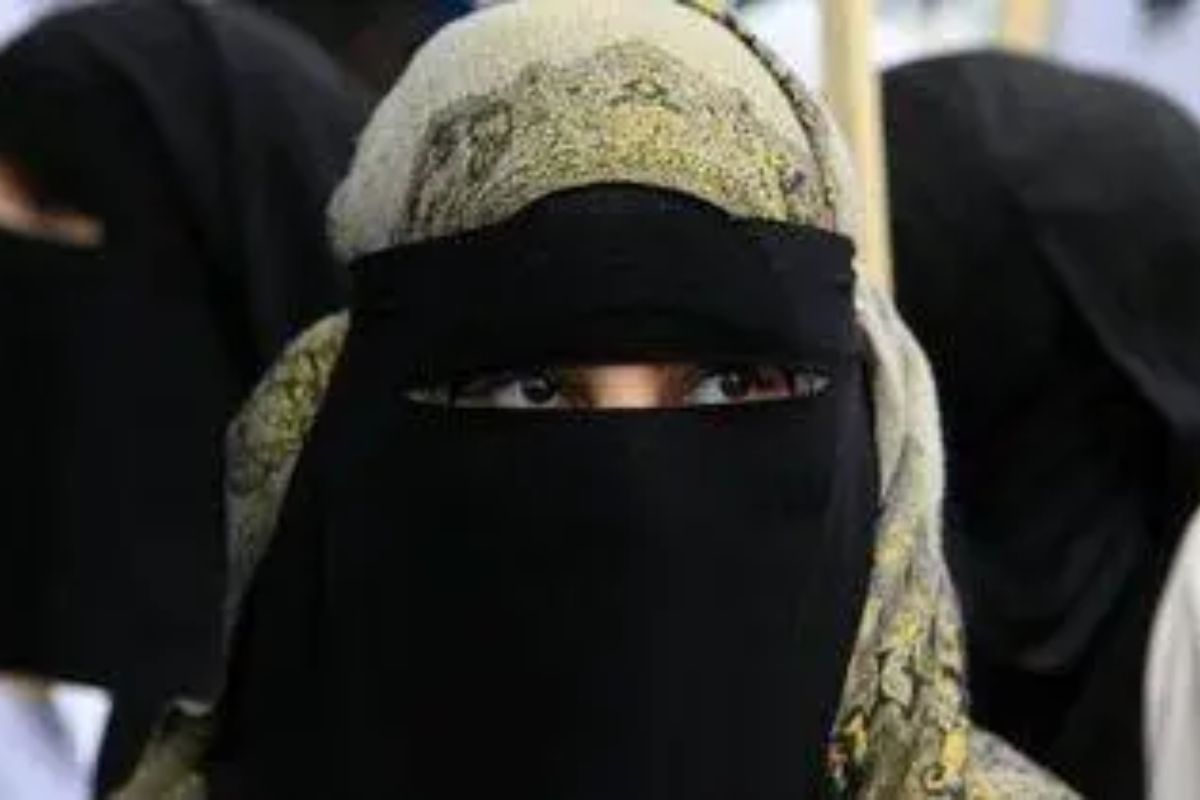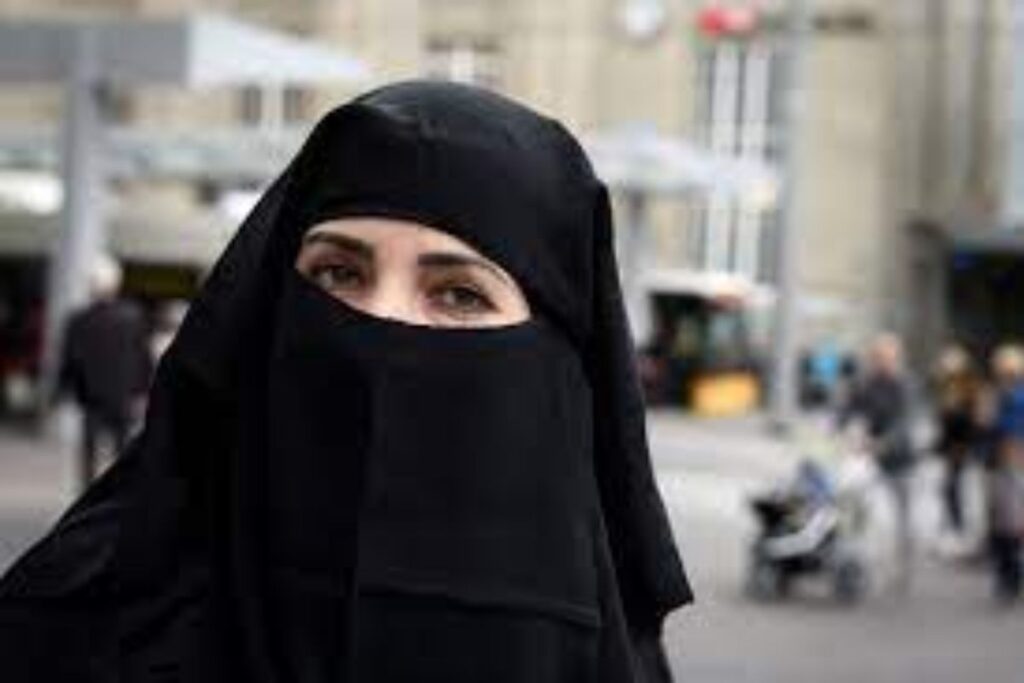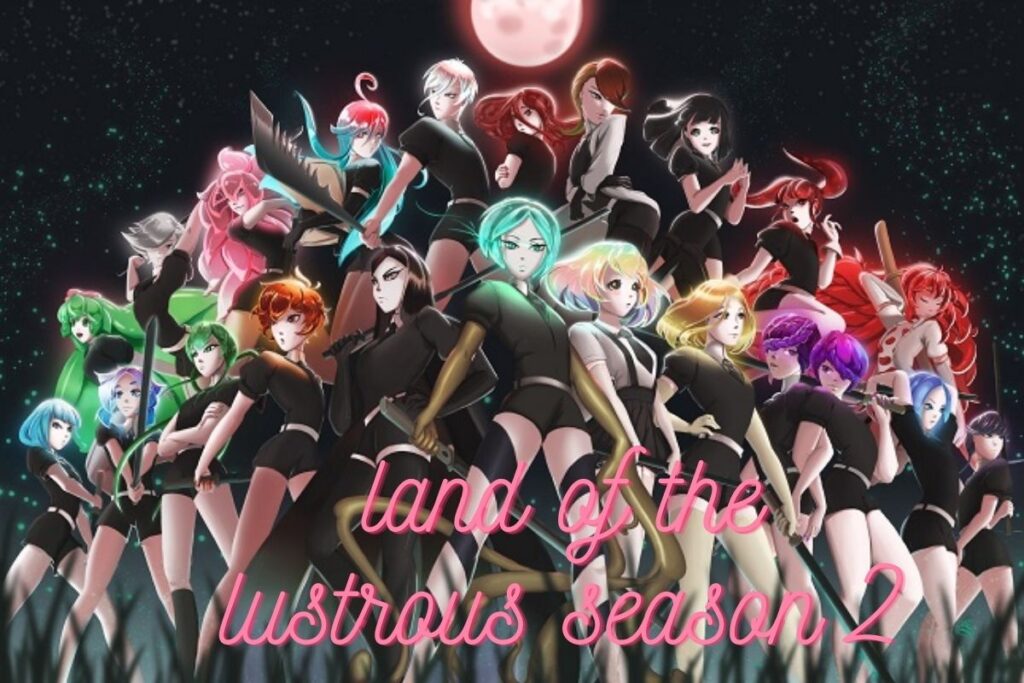A feminist author, tired of Western clichés that label Muslim women as “submissive” and judge them only based on their religious dress, compiled writings from 17 Muslim women whose experiences contradict those assumptions, including her own.
Mental health, LGBT identity, divorce, feminism, and the hijab are just some of the topics covered in “It’s Not About the Burqa,” edited by Mariam Khan and authored by activists, journalists, and scholars from the United Kingdom.
Muslim woman pleads to stop polygamy pic.twitter.com/wTl6lQTBWC
— PUTRAN# TIME SPACE AND BEYOND (@Putranbp) October 1, 2022
“Burqa is the most politicised word around Muslim women,” Khan said to the Thomson Reuters Foundation over the phone on Wednesday from England.
“Many Westerners’ first impression of Muslim women is the burqa or hijab; this is not an issue in and of itself, but there is so much more to a Muslim woman than the clothes she wears… I’d like to provide them a variety of experiences in their tales.”
The burqa is a full-body covering that either has a mesh panel to hide the wearer’s face or is worn with the niqab, a face veil that leaves just the wearer’s eyes visible.
When former British Foreign Secretary Boris Johnson criticised the robe last year, calling it “oppressive” and “ridiculous” and comparing women who wear it to “letter boxes and bank robbers,” he sparked a backlash from other politicians and British Muslim organisations.

“Muslim female narratives are often co-opted by everyone who isn’t a Muslim — rarely will you hear truly, or in an unvarnished way from Muslim women, and that is incredibly unfair,” added Khan.
Some Europeans believe that niqabs and burqas, which conceal the entire face, are a sign of prejudice against women and should be banned as a result. It’s illegal to wear such garments in France and Denmark.
A chapter was contributed by Khan, a 26-year-old hijab-wearing Muslim. Her faith-based lifestyle choices were at odds with those of mainstream “white feminism,” as she detailed in her essay.
“Some Western feminists may view (the hijab) as oppressive, but as a woman who chooses to wear it, I feel anything but enslaved. I am empowered by it because I chose to wear it,” she remarked.
Activist Mona Eltahawy, an Egyptian-American, wrote about misogyny in the Muslim community and how she has continued to fight for women’s rights; she is among the other authors in the book, which will be available on Thursday.
Saima Mir, a former BBC reporter, also contributed an essay in which she discussed the stigma associated with divorce in Muslim Pakistani society. In this essay, she probes the normative condemnation of divorce.
Khan says she wrote the book so that people can realise that Muslim women’s stories and experiences with their faith are not subsumed under a “monolithic, single story narrative.”




